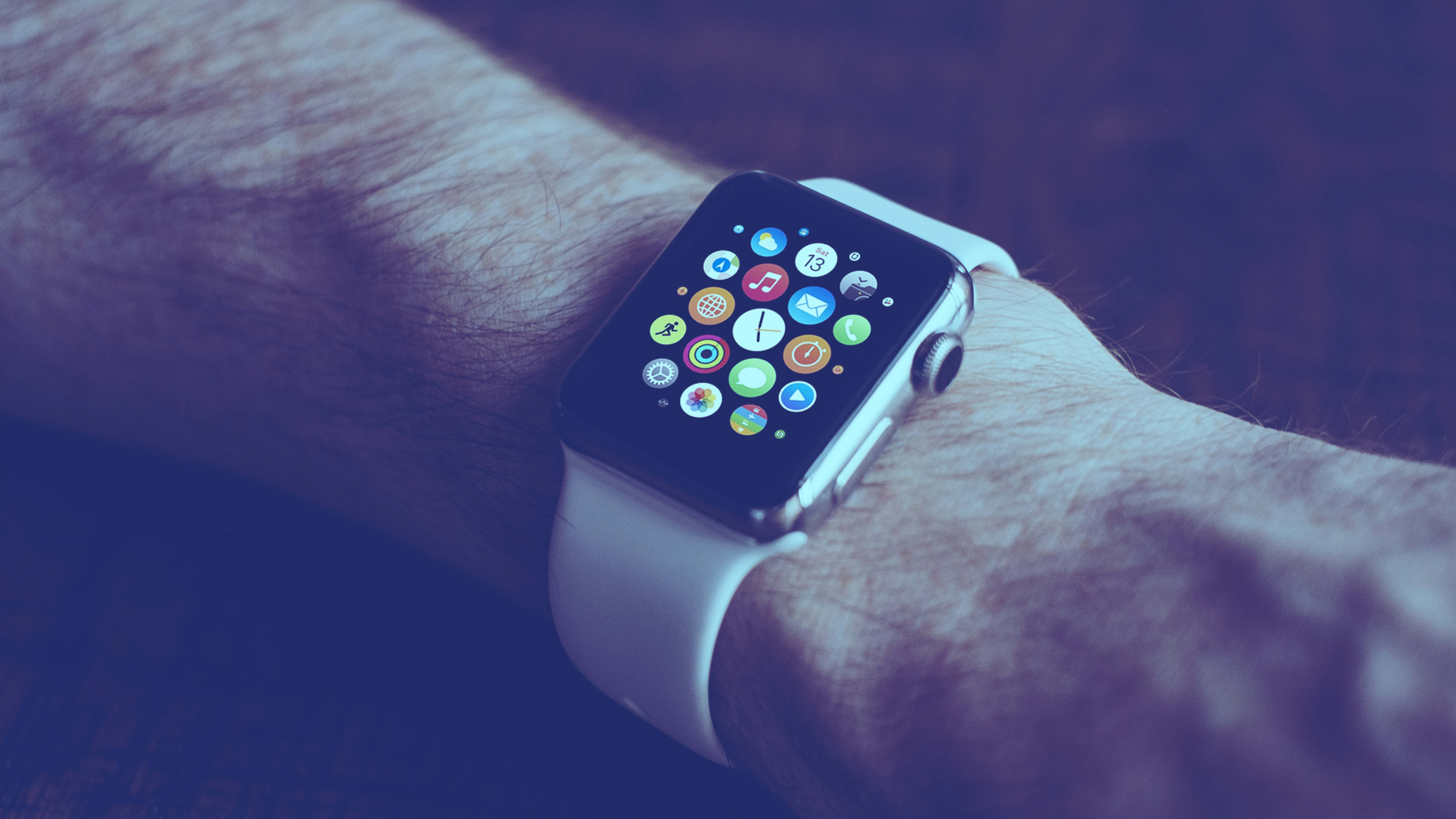Apple’s agreement to provide both app expertise and Apple Watches to Aetna could be the fruition of Steve Jobs’s vision for his company to one day help ease friction in the healthcare delivery system.
If so, it will have been a long time coming. In the summer of 2009, the ex-CEO of a large U.S. healthcare system told me about a meeting he had with Jobs and some of his team earlier that year. During that meeting, Jobs emphasized that he was deeply frustrated with the healthcare system and the amount of red tape he had to deal with to get treatment for his health problems. Jobs then suggested that one of Apple’s future missions could be to help people wade through the healthcare bureaucracy, and to make health in general a significant initiative for Apple in the future. This former healthcare CEO assessed that “Apple could be the company that could solve some critical problems in healthcare in the future.”
I wrote a piece for Time in 2016 saying that Apple’s commitment to health would be one of Steve Jobs’s greatest legacies. That was about 16 months before Steve Jobs lost his battle with pancreatic cancer. Today, I am more convinced than ever that Apple’s commitment to healthcare is strong. More importantly, Tim Cook and his team appear to be working overtime to make various aspects of healthcare and personal health a key mission—and in the process, honor Jobs’s vision.
The most recent example of this is Apple’s partnership with Aetna, originally announced in 2016. Apple helped Aetna create a new app called Attain—announced last month, and due for release this spring—that helps members manage and monitor their health.
Here is the key section of Aetna’s recent press release on the project:
Through the use of an Apple Watch, the Attain app will provide Aetna members personalized goals, track their daily activity levels, recommend healthy actions, and ultimately reward them for taking these actions to improve their well-being. Reward opportunities include the ability for eligible users to earn their Apple Watch through their participation in the program. [ . . .] This launch builds on the 2016 collaboration between Aetna and Apple in which 90 percent of participants reported a health benefit from their use of Apple Watch. [ . . . ] The Attain app is the first of its kind–designed specifically to offer users a personalized experience that combines their health history with the power of the Apple Watch to help them achieve better health and well-being.
Along with being tangible evidence of Apple’s commitment to keeping Jobs’s healthcare legacy moving forward, the Aetna partnership hints at a more aggressive plan for Apple to work closely with the healthcare industry in general.
The program with Aetna could be likened to a lot of what we see other big tech companies doing when it comes to IT consulting in general. Companies that can provide hardware, software, and services are adding dedicated programs where the vendor gets more involved in software customization, and helps its clients develop tailored programs for their customers and employees.
Although Apple does not have a dedicated IT services group, its work with Aetna mirrors successful IT services already provided by Dell, HP, Lenovo, and IBM. In some ways the partnership also resembles IBM MobileFirst for iOS, an app-building partnership that combines Apple’s expertise in mobile computing with IBM’s deep understanding of specific industries and their analytics, workflows, and data needs.
It’s about the Watch
Apple’s Aetna program puts the Apple Watch in the spotlight as an essential vehicle for Apple to impact personal healthcare. When I talk to healthcare-related insurance companies, they tell me it is much cheaper to help a customer stay well than to have to cover their hospital costs when illness strikes. That is why almost all primary healthcare providers are exploring the role technology can play to keep customers healthy. Apple and wearables rival Fitbit are both trying to grow their healthcare businesses.
I rely on the Apple Watch to manage my diabetes by wearing the Dexcom Continuous Glucose Monitor, which checks my blood sugars 24 hours a day. When I need to check those blood sugars, I no longer have to prick my finger; I just look at my Apple Watch to see the Dexcom reading. I also use the Watch to take an electrocardiogram (ECG) at least once a week to check my heart health. And of course I use the device to monitor my walking and help me get to my 10,000 steps-a-day goal.
What Apple has done with Aetna is probably just the beginning of many similar projects it could undertake with healthcare providers.
Although I believe that Apple’s commitment to healthcare started with Steve Jobs’s health problems, it now goes far beyond that. Cook and team understand better than most tech leaders how technology could be used in new ways to keep us healthier. In a recent interview with Jim Cramer on CNBC, Cook spoke about Apple’s role in health:
On the healthcare, in particular, and sorta your well-being, this is an area that I believe, if you zoom out into the future, and you look back, and you ask the question, “What was Apple’s greatest contribution to mankind,” it will be about health.
As Apple works with Aetna–and other healthcare companies to come–the lessons it learns are bound to help it create even better hardware, software, and services to keep users of Apple products healthier.
Recognize your brand’s excellence by applying to this year’s Brands That Matter Awards before the final deadline, June 7.
Sign up for Brands That Matter notifications here.
